Since 1989, Aga Khan Foundation Canada (AKFC) has been helping to develop young Canadian leaders in the field of international development through its International Youth Fellowship Program. Here, in their own words and pictures, current Fellows and alumni share first-hand accounts of their experiences.
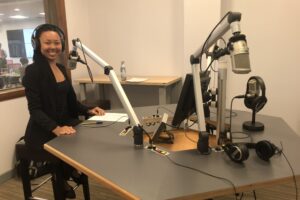
Youthful and Innovative: A City Like No Other by Rosie Jervase
The best thing about being on the Aga Khan University’s East Africa Institute Communications team is being able to dive head-first into this innovative bubble. I have been able to learn from entrepreneurial youth, gaining inspiration while carefully articulating their success stories.
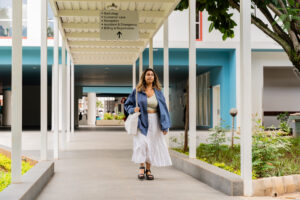
Moments from Kisumu by Jenna Mulji
Living in Kisumu, I was exposed to community and love in ways I never anticipated.
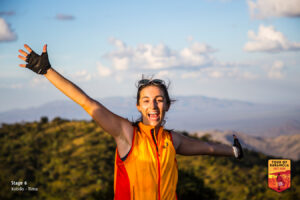
Cycling for Peace and Prosperity by Emilie Chiasson
It was 45 degrees and I had run out of water, entirely. I had been cycling for 50 kilometres and had over 30 to go. And there was no water in sight.
I don’t think I had ever been this scared before. It was the desert as far as the eye could see.
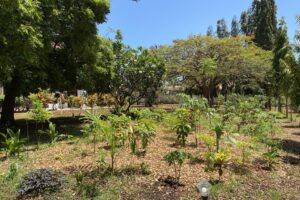
The magic of the micro-forest by Gertrude Omoro and Peter Steele
As the sound of shovels hitting the ground rang through the air, we thought to ourselves: this experience is bigger than just our Fellowship – it is about lasting impact.
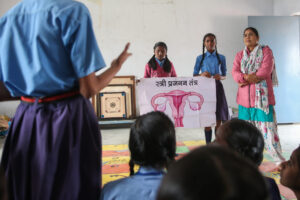
Why are you here today? by Nadia Mithani
In 2018, I had the opportunity to participate in the Menstrual Hygiene Day activities organized by Aga Khan Foundation and the Aga Khan Rural Support Program. It was clear the girls had a lot on their minds. The opportunity to speak with a medical professional was rare and they did not waste a minute of it.
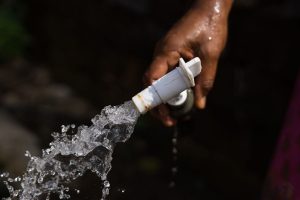
Running Water by Ben Williams
There is a mix of frustration, anxiety, and shame that comes along with clogging a toilet. Growing up, I would get out the plunger, fix my toilet, and go on with my day.
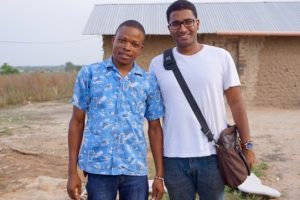
An Ode to Ali by Gautham Krishnaraj
Ali, like most things about my time in Kenya, came into my life while making the best of a less than ideal situation (exploding fans, drawn-out elections, organizational restructuring).
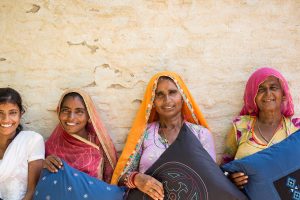
What do you want to be when you grow up? by Allie Shier
This is a question that I have been asked countless times. It is a question that has evoked a range of emotions over the years, ranging from excitement about a vision for the future, to anxiety from having too many options, to the disinterest that comes from being asked the same question over and over again.
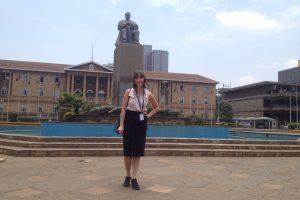
The Sound of Grief by Caro Rolando
It’s the most painful sound I have ever heard.
A shriek suffused with horror. A wail drenched in grief. A scream saturated in disbelief.
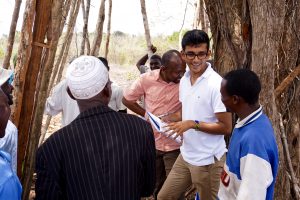
Running the Distance by Aditya Rau
Students and practitioners of international development are regularly forced to grapple with this idea of distance. It begins in the confines of the academy, where theories and reports are written from afar about what is happening in “the field”.
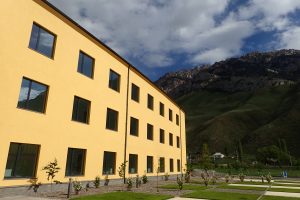
Finding inspiration from your office by Emma Bell-Scollan
When people think about international development work, they generally think of daring field work, personal hardship, and projects that have a direct and immediately visible impact on beneficiaries.
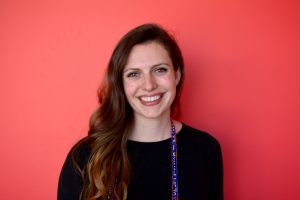
Kettles and cameras in Karasu, Kyrgyzstan by Rachel Mather
When my friends and family pictured my life in Kyrgyzstan, they imagined I’d be working “in the field”. My day to day life is quite different though.
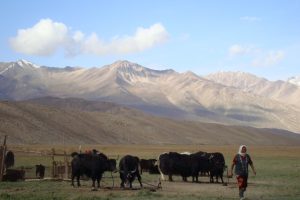
Lighting the path for change by Eve Johnson
“Today, I needed surgery, but I have to wait for the light of tomorrow. I lie quietly in the clinic bed, watching as the opaque haze of dusk surrounds me. I wait patiently. Unfortunately, the pain does not diminish with the fading light. The seeping darkness seems only to heighten its intensity.”

From the Framework to the Field: Learning About School Improvement in Uganda by Marc Lombardi
We approach Madikini Primary School as our vehicle bounces along a bumpy road, and we admire the green hills and farmland that surround us. Madikini is located in a remote part of Koboko, northern Uganda.
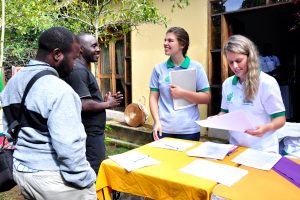
“Don’t worry, be happy” by Laura Fortin
Arua, Northern Uganda. Friday, 5 a.m. I wake up to the call to prayer at the nearby mosque, and the sound of heavy rain. My mind starts running wild.
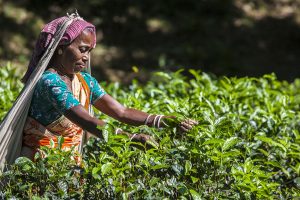
Preschool in the tea gardens of Bangladesh
I began my formal education with expulsion from preschool.
I redeemed myself by succeeding in primary school, phew. While primary school graduation is essentially a universal achievement in Canada, some Bangladeshi children face many barriers to reaching even this level of education.
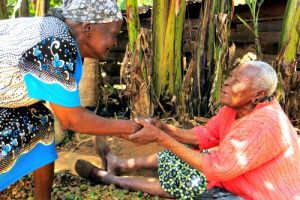
Don’t hit hard, hit home – A lesson in journalism from Kenya by Elizabeth McSheffrey
I found Jesca Ciahcabi sitting beneath the shade of a crispy, brown banana tree. I reached for a handshake, but instead she hugged me. We were in Ndiruni, a small village roughly three hours northeast of Nairobi.
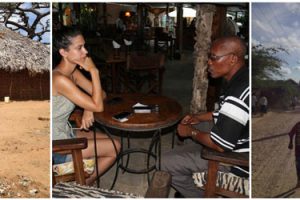
The complexities of reporting in Kenya
It was a straightforward story of exploitation. The people of the fragile Tana Delta, still recovering from tribal violence that claimed over 100 lives in September, were facing an assault on their treasured land by big business – in this case, a Canadian corporation planning a massive biofuel plantation in the region.
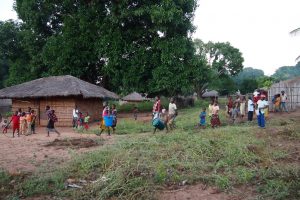
From the field to market in Mozambique
When most of your workdays are spent in front of a computer, it’s easy to forget where the food on your plate comes from.
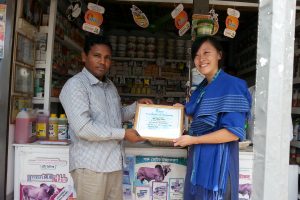
Supporting dairy farmers in Bangladesh by Jennifer Wong
I’ve been in Bangladesh for more than two months now, working with CARE Bangladesh on their programming to help rural farmers improve their agricultural practices – and incomes.
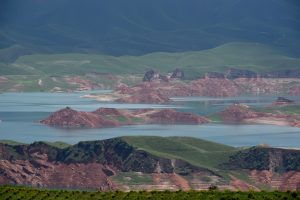
The rights and responsibilities of microfinance in Tajikistan
The Smart Campaign is a global effort spearheaded by the Center for Financial Inclusion, dedicated to “uniting microfinance leaders around a common goal: to keep clients as the driving force of the industry” – by following principles designed to help microfinance institutions practise good ethics and smart business.
